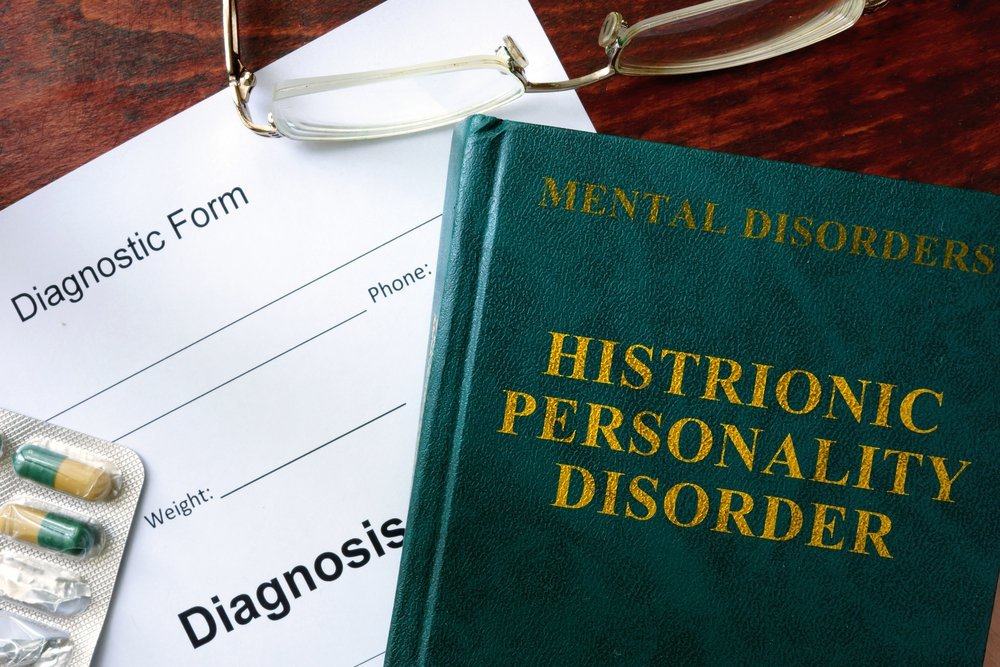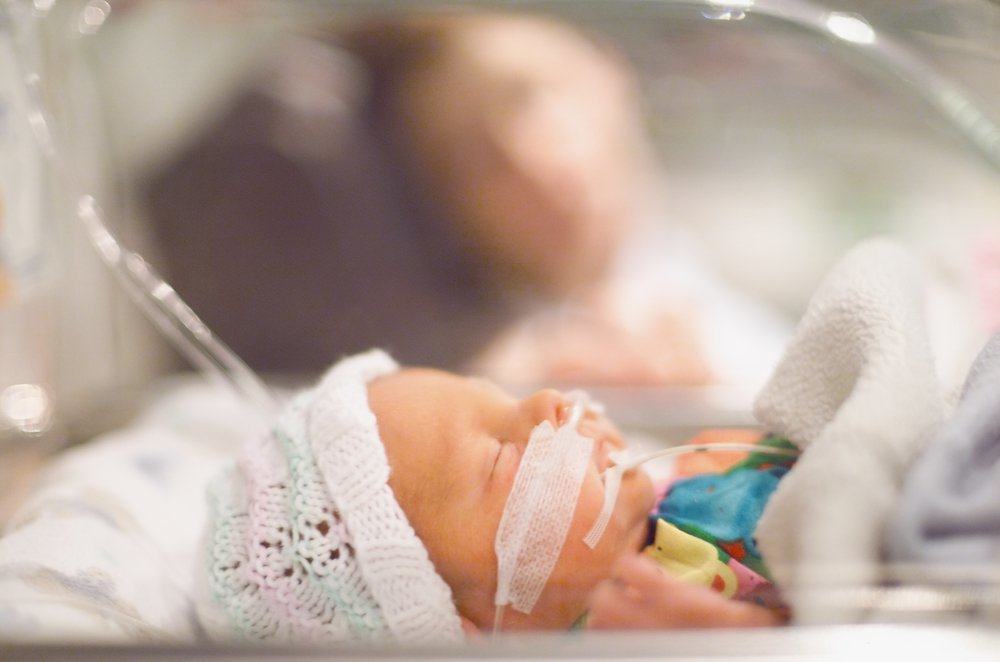Contents:
- Medical Video: 6 Infections During Pregnancy Affect Baby You Must Know #NaturalRemedies
- What is German measles (rubella)?
- What are the effects of German measles on the womb?
- How to prevent rubella?
Medical Video: 6 Infections During Pregnancy Affect Baby You Must Know #NaturalRemedies
Pregnancy is the most vulnerable period for mothers and fetuses that are still developing in the womb. If pregnant women do not maintain their health well, their endurance will easily decline, making pregnant women more susceptible to various diseases. One of the diseases that often approach pregnant women is German measles (rubella). What are the consequences if the mother is infected with rubella while pregnant? See the full explanation in this article.
What is German measles (rubella)?
German measles is an infectious disease caused by the rubella virus. German measles is not the same as the usual type of measles. So, even if you have touched or are immune to ordinary measles, that does not mean you will also be immune to German measles.
Symptoms of this disease are sometimes not specific, making it difficult to distinguish it from other diseases. Nearly half of the cases of German measles do not show symptoms, or if so, the symptoms include mild so many people are unaware if they have been infected.
Symptoms usually appear on days 12 to 23 after exposure to the virus.You may experience fever, headache, swollen joints, red eyes, and runny or runny nose on the first to 5th day before the rash appears.
The rash lasts for several days. It usually appears first on the face and then spreads to other body parts. Swollen lymph nodes and painful joints can occur for several weeks. You can transmit the disease one week before the first rash appears and a few weeks later.
Contact your doctor immediately and tell them that you have been exposed to this disease. But, do not come directly to the obstetrician's practice because of the risk of transmitting the virus to other pregnant women.
What are the effects of German measles on the womb?
In pregnant women, German measles infection can be very dangerous. Because the virus may be passed on to the fetus in the womb. Congenital rubella syndrome in the fetus in medical language is referred to asCongenital Rubella Syndrome (CRS).
This virus causes birth defects, including cataracts, deafness, abnormalities of the heart, liver, lungs, and delay in growth and development. But this risk will depend on how long you have been exposed to the virus. The highest risk occurs during the early stages of infant development.
If you get rubella during the first 12 weeks of pregnancy, the chances of your baby inheriting the rubella virus are up to 85 percent. If the mother is infected with German measles in the gestational age range between 13 to 16 weeks the chance decreases to 54 percent, and will continue to decline sharply as the gestation increases. If pregnant women are exposed to rubella at a gestational age of more than 20 weeks, the risk of German measles infection causes birth defects in the fetus to be very small.
However, birth defects due to German measles infection during pregnancy can appear late and be seen later in childhood. The rubella virus can also cause a baby to die. That is why, you are advised to undergo tests and take preventative steps as early as possible to reduce the risk of German smallpox infection, and how to protect yourself from this disease in the future.
How to prevent rubella?
Here are some steps to prevent German measles during pregnancy that you can do:
- You cannot receive the rubella vaccine while pregnant. That is why, if you are not immune, you must be careful and avoid anyone who has a rash or contracted the virus, also people who have just been exposed to German measles.
- After giving birth, make sure you get a vaccine immediately so that rubella is no longer a problem for your next pregnancy. You can receive a vaccine while breastfeeding, but you need to wait at least 28 days after receiving an injection before planning to get pregnant again, so make sure you have family planning during this time.
- Also make sure if the children and people around you receive all the immunizations recommended by the doctor. Because you will not get German measles from someone who has just been vaccinated.
- Postpone long trips to any part of the world where rubella is still common.












